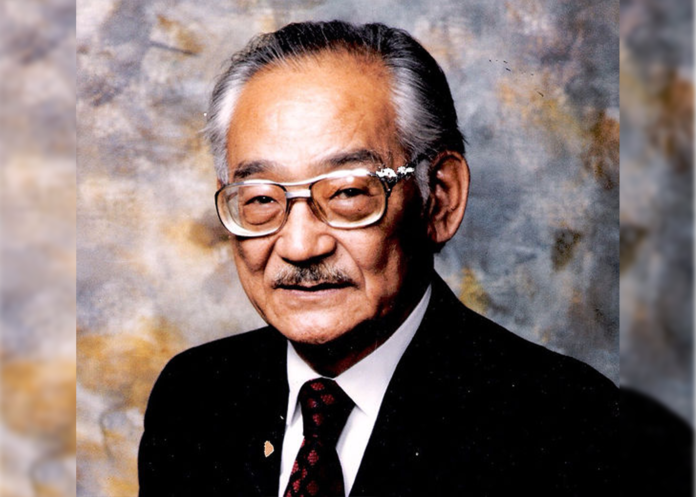
The late Colorado civil rights attorney Minoru Yasui went through numerous obstacles and for his efforts, he will be honored April 1 during a live and online event.
Yasui, a Japanese-American, graduated from the University of Oregon School of Law in 1939 and was later sent to internment camp during World War II. He was also arrested and convicted for testing the travel restrictions and curfew set on those with Japanese ancestry as WWII continued.
Yasui later had his conviction vacated by the U.S. District Court for the District of Oregon, but his writ of error coram nobis was denied for other issues including possible governmental misconduct. The case continued to make its way through the appellate system and eventually the U.S. Supreme Court, which dismissed it as moot because of Yasui’s death in 1986.
“If we believe in America, if we believe in equality and democracy, if we believe in law and justice, then each of us, when we see or believe errors are being made, has an obligation to make every effort to correct them,” Yasui said, according to an article from the Oregon Encyclopedia.
Yasui began practicing law in Colorado in the 1940s continuing to fight for civil rights. He posthumously received the Presidential Medal of Freedom from President Barack Obama in 2015.
According to the organization Densho, which documents testimonies of Japanese-Americans unjustly incarcerated during WWII, Yasui fought for Japanese-American rights throughout his life while also battling against discrimination for others: he was a founding member of the Urban League of Denver and helped start the Latin American Research and Service Agency and Denver Native Americans United.
“Despite what Japanese-Americans endured — suspicion, hostility, forced removal, internment — Min never stopped believing in the promise of his country,” Obama said during a 2015 speech for Presidential Medal of Freedom recipients. “He never stopped fighting for equality and justice for all.”
Multiple awards are named after Yasui, including in Colorado and Oregon, and days have been named after him by the Oregon legislature and Denver Mayor Michael Hancock. He even has an American Inn of Court and a building carrying his name in Denver.
One of the members of the Minoru Yasui American Inn of Court is Adam Minoru Yasui Estacio, the great-nephew of Yasui. Estacio, a student at the University of Denver Sturm College of Law in his final semester, never got a chance to meet him because he died before he was born. Estacio, however, grew up hearing about Yasui’s legacy and story.
“It’s not kind of just something stuck in history, it’s a very relevant story,” Estacio said.
Estacio said a lot of people say to him “of course you’re going to be a lawyer,” but Estacio noted his great-uncle’s legacy didn’t directly influence him, but built an interest in the law. As an attorney, Estacio hopes to help those that are disadvantaged.
“I’m really interested in environmental law as it pertains to environmental justice; how different environmental harms disproportionately impact different communities,” Estacio said. “I’ve always wanted to approach environmental law with a civil rights mindset and I’m excited to see that area of environmental law really grow, especially in the last few years.”
Estacio was also involved in activism work like Yasui. Before law school he, along with other family members, was involved with Coalition for an Inclusive Colorado, which focused on combating the negative rhetoric toward Muslim Americans, particularly after the 2016 election.
“A lot of the ways that the Muslim-American community was being portrayed was very reminiscent of the Japanese-American community in World World II,” Estacio said.
Estacio also lived in New Zealand for a while where he helped the Red Cross with a refugee resettlement program. More recently he wrote a paper concerning Asian American hate crimes during the COVID-19 pandemic.
Yasui’s legacy continues to live on through his family and others. He will be celebrated April 1 from 2-4 p.m. MT during a program at the University of Oregon. It will also be livestreamed on YouTube. For more information, click here.

